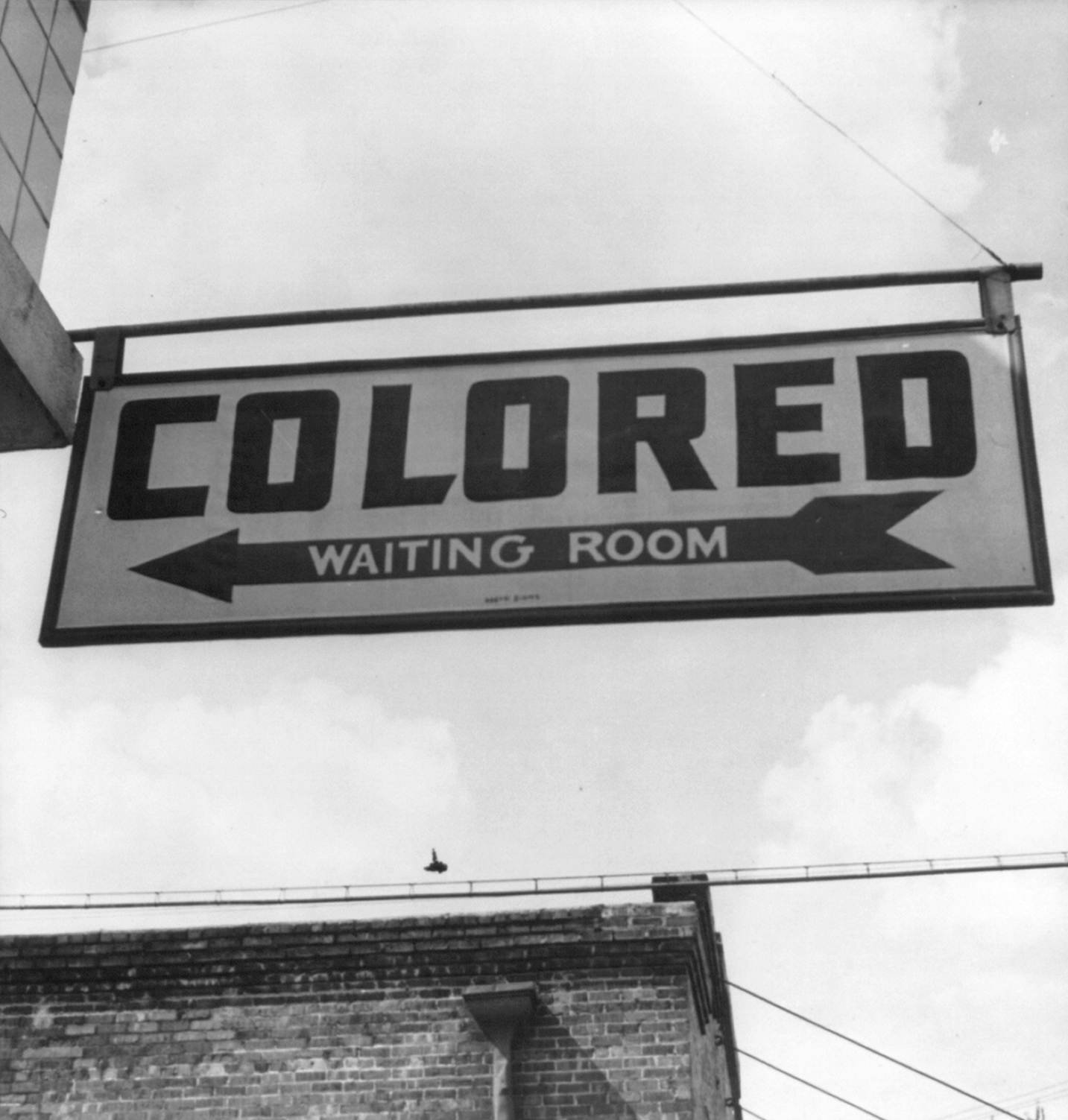R
rdean
Guest
The right wing doesn't believe in "scholars" at all. That's why George Bush was so popular.
He "decided" based on "gut" instinct after "prayers to God".
He "decided" based on "gut" instinct after "prayers to God".




